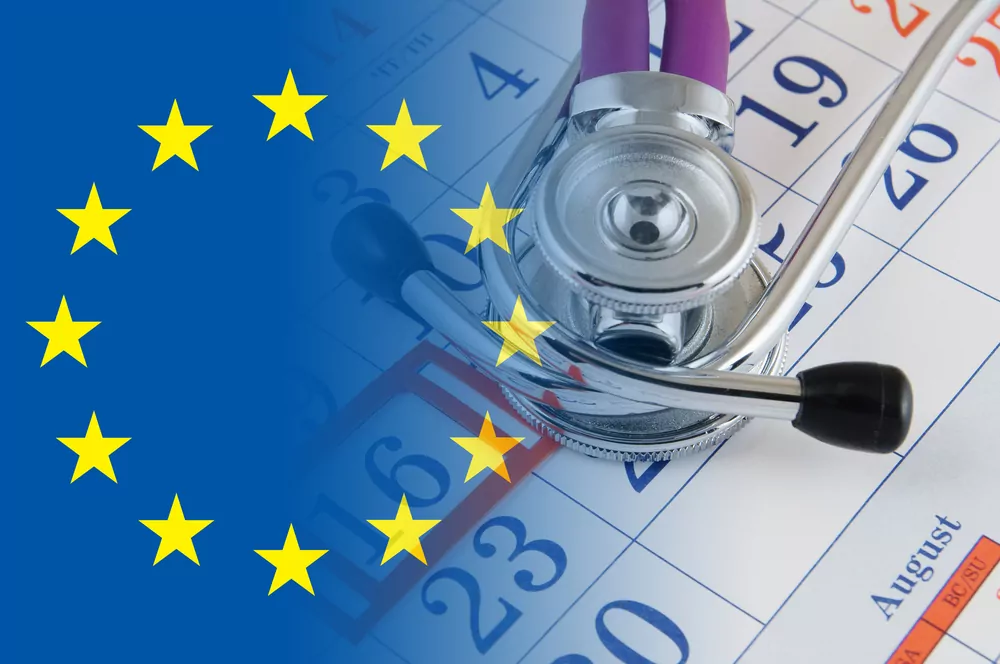The EU’s pharmaceutical legislation is undergoing significant revision and replacement. The European Commission’s proposal for a new Directive and a new Regulation has been submitted to the European Parliament and Council for consideration.
The overarching objectives of the proposal are to drive innovation, to ensure the safety, quality and efficacy of medicinal products for EU patients, and to harmonize the supervision and control of such products.
While recognizing that many factors impact innovation, access and affordability, the commission says the proposed pharmaceutical legislation “can be an enabling and connecting factor for innovation, access, affordability and environmental protection”.
Simplifying the regulation
The new Directive and Regulation will repeal and replace general and specific legislation, merging the Orphan Regulation (Regulation (EC) No 141/2000) and the Paediatric Regulation (Regulation (EC) No 1901/2006) with legislation that applies to all other products.
The challenge until now has been that many of these separate regulations and directives were contradictory and difficult to understand, since they focused on one topic. For example, a company might have a pediatric product that is also an orphan drug, so would need to manage separate regulations. The new EU legislation incorporates specific requirements that apply to these products in the new regulation and the directive “in order to ensure clarity and coherence of all the measures applicable to these products” (Proposal for a regulation of the European Parliament and of the Council).
The new legislation presents an opportunity for the European pharmaceutical industry and for regulators to have everything in a consolidated legal document that provides more precise guidance for the industry. This will also enable more strategic planning for companies, ensuring they have clear guidance in one place to support them from early development and understand what regulators expect, what timelines need to be followed and what documents have to be provided.
Data and market protection incentives
The issue of incentives to support innovation is still under discussion with various associations, in particular the issue of data protection. The proposal is for 8 years of regulatory protection, comprising 6 years of data protection and 2 years of market protection. That is down from 10 years of market exclusivity. Companies can increase the period of exclusivity to up to 12 years under certain provisions. This includes an additional 2 years if companies launch the medicine in all member states.
However, the European Federation of Pharmaceutical Industries and Associations (EFPIA) has criticized the proposals.
“The approach set out in the pharmaceutical legislation, penalising innovation if a medicine is not available in all Member States within two years is fundamentally flawed and represents an impossible target for companies,” Nathalie Moll, Director General, EFPIA, said in a statement issued by EFPIA in April.
One of the stated objectives of the proposal is to “offer an attractive innovation and competitiveness friendly environment for research, development, and production of medicines in Europe.” The proposal to cut the period of data exclusivity before generics can enter the market raises questions about how it will achieve that objective. Furthermore, the extension of exclusivity, based on various criteria also makes it more complicated and less clear for companies that are launching new products.
Other pharmaceutical associations, including the European Confederation of Pharmaceutical Entrepreneurs (EUCOPE), have also raised their concerns about reducing the data protection period, arguing it will “introduce unpredictability into the ecosystem.”
On the other hand, Medicines for Europe has said there should be no accumulation of regulatory incentives to extend data protection beyond 8 years in order to ensure more timely and equitable access to medicines.
Report on shortages
Another potentially controversial issue raised in the proposed legislation is the way it seeks to address the serious issue of shortages of medicines. The reform proposes to require companies to report medicine shortages more rapidly and put in place prevention plans. The idea will be for companies to define when they plan to start producing and manufacturing their products and share their stockpiling plans with the authorities.
This is unlikely to be accepted by companies since it would mean sharing their internal business strategy with external parties. It’s also unlikely this will resolve the drug shortage issue since manufacturing and supply are largely dictated by reimbursement considerations and companies won’t manufacture products if they can’t sell them.
Clarity on orphan designation
The proposed legislation also seeks to provide a clearer definition of significant benefit for orphan medicinal products. This has been an issue for companies because it was not entirely clear what significant benefit meant, which meant applicants sometimes received a negative outcome from the European Medicine Agency simply because the guidance wasn’t clear.
The proposed regulation defines significant benefit as meaning “a clinically relevant advantage or a major contribution to patient care of an orphan medicinal product if such an advantage or contribution benefits a substantial part of the target population.”
Environment impact
One other area that the proposed legislation addresses is the environmental impact of medicinal products. The proposed legislation supports initiatives under the European Green Deal including addressing waste water, industrial emissions and surface and groundwater pollutants.
Under the legislation, an environmental risk assessment (ERA) will be mandatory for all products on the EU market within a specified timeframe. While this has been mandatory for newer products, marketing authorization holders will now have to submit an ERA for those products approved before October 2005. This will affect thousands of products on the market and will involve investment from those MAHs.
There are plans being considered for joint ERAs for companies that have the same product on the market, which could remove the need for multiple assessments and would therefore be a cost saving to those companies.
This is an important step, given evidence that the improper use and disposal of medications can be environmentally damaging. There are concerns about the fact that antimicrobials have been detected in wastewater treatment and elsewhere, which can affect resistance. There are other products found in the environment that pose a risk to public health.
Broad change for industry
The proposed legislation does present challenges for industry and has raised some concerns. At the same time, it does create greater clarity, simplicity and certainty. Discussion about the final legislation is expected soon, though when it will be adopted is not yet known.








